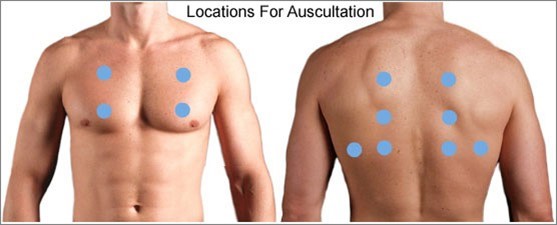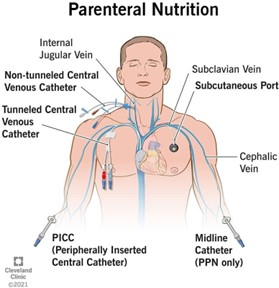A client's daughter phones the charge nurse to report that the night nurse did not provide good care for her mother. Which response should the practical nurse (PN) make?
Explain that all of the staff are doing the best they can.
Tell the daughter to talk with the unit's nurse manager.
Reassure the daughter that the mother will get better care.
Ask for a description of what happened during the night.
The Correct Answer is D
When a client's family member expresses concerns about the care provided, it is essential for the nurse to gather more information and understand the specific issues raised. By asking for a description of what happened during the night, the nurse can obtain details about the perceived inadequate care. This allows the nurse to gather accurate information, assess the situation, and address any legitimate concerns.
A. Explaining that all staff are doing their best may not address the specific issues raised by the daughter and may not provide a satisfactory resolution to her concerns.
B. Telling the daughter to talk with the unit's nurse manager can be an appropriate step, but it should come after gathering information about the situation. The nurse needs to have a clear understanding of what happened before involving the nurse manager.
C. Reassuring the daughter that the mother will get better care may not address her concerns and may not provide a solution to the perceived problem. It is important to gather more information before offering reassurance or making promises.
Nursing Test Bank
Naxlex Comprehensive Predictor Exams
Related Questions
Correct Answer is C
Explanation
When assessing an older client with left-sided heart failure (HF), the most important intervention for the practical nurse (PN) to implement is to auscultate all lung fields. Left-sided heart failure is characterized by the inability of the left ventricle to effectively pump blood, leading to fluid accumulation in the lungs. Auscultating all lung fields allows the PN to assess for the presence of abnormal lung sounds such as crackles, indicating pulmonary congestion.

In summary, when assessing an older client with left-sided heart failure, the most important intervention for the practical nurse (PN) to implement is to auscultate all lung fields. This allows for the detection of abnormal lung sounds associated with pulmonary congestion, a hallmark sign of left-sided heart failure.
Correct Answer is A
Explanation
Collecting fingerstick glucose levels is the most important intervention for the PN to implement for a client who is receiving TPN. TPN is a method of feeding that bypasses the gastrointestinal tract and provides all the nutritional needs of the body through a vein. TPN contains a high concentration of glucose, which can cause hyperglycemia or fluctuations in blood sugar levels. Therefore, it is essential to monitor the client's glucose levels frequently and adjust the infusion rate or insulin administration accordingly.

Whether you are a student looking to ace your exams or a practicing nurse seeking to enhance your expertise , our nursing education contents will empower you with the confidence and competence to make a difference in the lives of patients and become a respected leader in the healthcare field.
Visit Naxlex, invest in your future and unlock endless possibilities with our unparalleled nursing education contents today
Report Wrong Answer on the Current Question
Do you disagree with the answer? If yes, what is your expected answer? Explain.
Kindly be descriptive with the issue you are facing.
